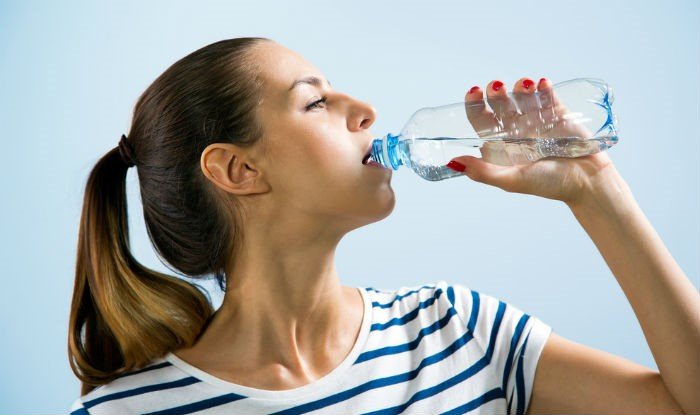Healthy Habits in Drug Recovery: 10 Tips You Can't Ignore
It’s challenging to regain control of your life after addiction. You can, however, build new habits with the right knowledge, commitment, and support. Drug rehab Orange County is an ideal solution for newly sober people since it will meet your individual needs while helping you maintain sobriety.
10 healthy habits that will help you in drug recovery:
Exercise
Working out reduces cravings for substances. Working out releases feel-good brain chemicals such as dopamine, norepinephrine and serotonin. These chemicals are also released while using drugs and alcohol. You can achieve the same level of euphoria by exercising instead of getting high. Exercise at least 20-30 minutes daily. Exercising/yoga can also help manage stress.
Stay Hydrated
You’re likely to feel lethargic most of the time. Shake that off with a glass of water or lemonade. The human body depends on water for a large number of functions. Keep a water bottle/sipper by your side to stay hydrated. Set a target to drink X liters of water every day. Slice a lemon to keep things flavorful while boosting your vitamin C intake. For a change, carry glucose water sometimes.
Sleep Well
Your sleeping schedule was heavily disrupted when you were an active addict. Establishing a healthy sleep schedule is vital for psychological well-being. For developing this habit, a fair amount of discipline is needed. Avoid heavy meals and caffeine just before bedtime. Keep aside your electronic gadgets 1 hr before going to bed, establish relaxing bedtime rituals like reading or a warm bath. When you sleep well, you wake up fresh and energized to conquer the day.
Eat Healthy
A healthy diet can positively affect brain structure both physiologically and chemically and influence behavior. A nutritious diet not only helps the body but also the mind. Relapse rates are also reduced when you feel healthy physically and mentally. Include more fruits and green vegetables in your diet. Ask your doctors/nutritionist to make a diet chart for you and follow it religiously.
Limit Caffeine Intake
Sugar levels can be spiked by caffeine, causing a blood sugar crash when it wears off, which causes people to consume more caffeine, perpetuating this unhealthy cycle. Mood fluctuations are also caused by blood sugar crashes. In early recovery, caffeine consumption coupled with erratic moods and sugar cravings can lead to relapses. High-energy foods like nuts, dried fruits, apples, etc can be consumed instead.
Do Esteemable Acts
A self-esteem-boosting act builds self-esteem, which helps to bolster recovery. Having a positive self-image will allow you to treat yourself with more love and admiration. Volunteer at an NGO or community service, help out that waiter at your favorite coffee house, help people at the grocery store, take up an old hobby. Do things that make you feel good about yourself and your life.
Hobbies And Recreation
Taking up a new hobby, joining activity groups, participating in recreational activities, etc can be a healthy distraction and assist in recovery to focus on something more worthwhile than your cravings. Take up that hobby you’ve been avoiding for so long, sign up for art class, bake cookies, solve puzzles, etc. You can avoid relapse by exploring new environments, meeting new people, and trying out exciting activities.
Re-build Connections
To eliminate the sense of loneliness and isolation, rebuild old relationships that might have been ruined while you were an active addict and form new connections. Engage with family and friends more often, engage in family activities and if necessary, consider family counseling. Of course, re-building relationships depends on your circumstances but make amends where you can. Making connections with others helps you develop a support system throughout recovery.
Don’t Stop Therapy
Addiction is rarely unrelated to any traumatic experience one has endured. It is often caused by some difficulty coping with them. Therapy is important for addiction recovery due to these deeper-rooted issues. Understanding the underlying reasons for addiction, as well as your triggers, will make recovery more likely. Reduce the visits but don’t stop the therapy abruptly.
Celebrate Small Milestones
Achieving small milestones can be encouraging and motivate you when things get more challenging. Count the number of days you’ve remained sober or abstained from doing something. Celebrate yourself for committing and sticking to these new lifestyle changes.
Make small efforts daily. You will be more likely to succeed at adopting new habits if you take one step at a time.









